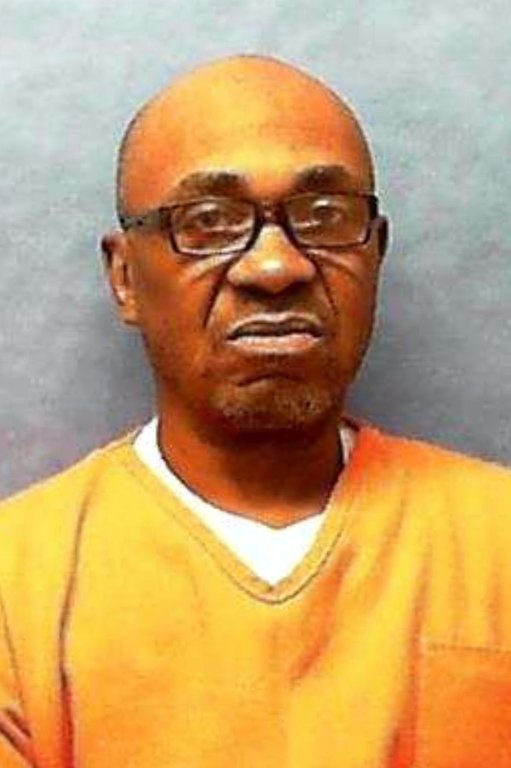Florida man convicted raping and killing his former manager is set to be executed
Advertisement
Read this article for free:
or
Already have an account? Log in here »
To continue reading, please subscribe:
Monthly Digital Subscription
$0 for the first 4 weeks*
- Enjoy unlimited reading on winnipegfreepress.com
- Read the E-Edition, our digital replica newspaper
- Access News Break, our award-winning app
- Play interactive puzzles
*No charge for 4 weeks then price increases to the regular rate of $19.00 plus GST every four weeks. Offer available to new and qualified returning subscribers only. Cancel any time.
Monthly Digital Subscription
$4.75/week*
- Enjoy unlimited reading on winnipegfreepress.com
- Read the E-Edition, our digital replica newspaper
- Access News Break, our award-winning app
- Play interactive puzzles
*Billed as $19 plus GST every four weeks. Cancel any time.
To continue reading, please subscribe:
Add Free Press access to your Brandon Sun subscription for only an additional
$1 for the first 4 weeks*
*Your next subscription payment will increase by $1.00 and you will be charged $16.99 plus GST for four weeks. After four weeks, your payment will increase to $23.99 plus GST every four weeks.
Read unlimited articles for free today:
or
Already have an account? Log in here »
STARKE, Fla. (AP) — A man convicted of raping and fatally beating his former manager at a Florida convenience store in 1988 is scheduled to be executed Thursday evening.
Richard Barry Randolph, 63, is set to receive a lethal injection starting at 6 p.m. at Florida State Prison near Starke. Randolph was convicted of murder, armed robbery, sexual battery and grand theft and sentenced to death in 1989.
It would be Florida’s 17th death sentence carried out in 2025, further extending the state record for total executions in a single year.

According to court records, Randolph attempted to break into the safe at the Handy-Way convenience store in Palatka, where he had previously worked, in August 1988. Randolph was spotted by the manager, Minnie Ruth McCollum, and the two began to struggle.
Randolph then beat, strangled, stabbed and raped McCollum before leaving the store and taking the woman’s car, the records show.
Three women witnessed Randolph leaving the store and called the sheriff’s office after seeing through the window that the store was in disarray. A deputy responded and found McCollum still alive. She was taken to a hospital in a coma and died six days later of severe brain injuries, according to doctors.
Randolph was arrested shortly after the attack at a Jacksonville grocery store while trying to borrow money and cash in lottery tickets stolen from the convenience store, according to deputies. Investigators said Randolph admitted to the attack and directed them to bloody clothing that he had discarded.
The Florida Supreme Court denied Randolph’s appeals last week. He had argued that a lower court had abused its discretion in denying him access to public records and that his own defense lawyers had acted without his consent. A final appeal was still pending before the U.S. Supreme Court.
A total of 43 men have died by court-ordered execution so far this year in the U.S., and more than a dozen other people are scheduled to be put to death during the remainder of 2025 and next year.
Since the U.S. Supreme Court restored the death penalty in 1976, the highest previous annual total of Florida executions was eight in 2014. Florida has executed more people than any other state this year, followed by Alabama, South Carolina and Texas with five each. Two more executions are planned for next month in Florida under death warrants signed by Republican Gov. Ron DeSantis.
Mark Allen Geralds, 58, is scheduled for Florida’s 18th executiond on Dec. 9. He was convicted of fatally stabbing a woman during home invasion robbery.
Frank Athen Walls, 58, is set for Florida’s 19th execution on Dec. 18. He was convicted of fatally shooting a man and woman during home invasion robbery, and he later confessed to three other killings.
Florida’s lethal injections are carried out with a sedative, a paralytic and a drug that stops the heart, according to the state Department of Corrections.
___
Follow David Fischer on the social platform Bluesky: @dwfischer.bsky.social

